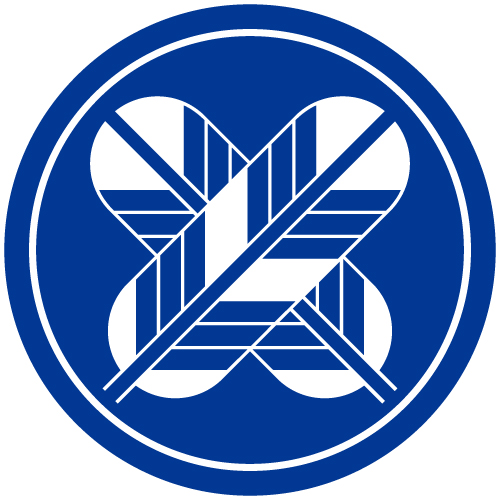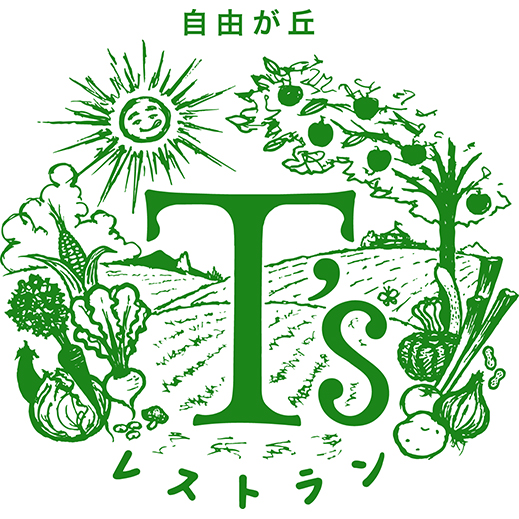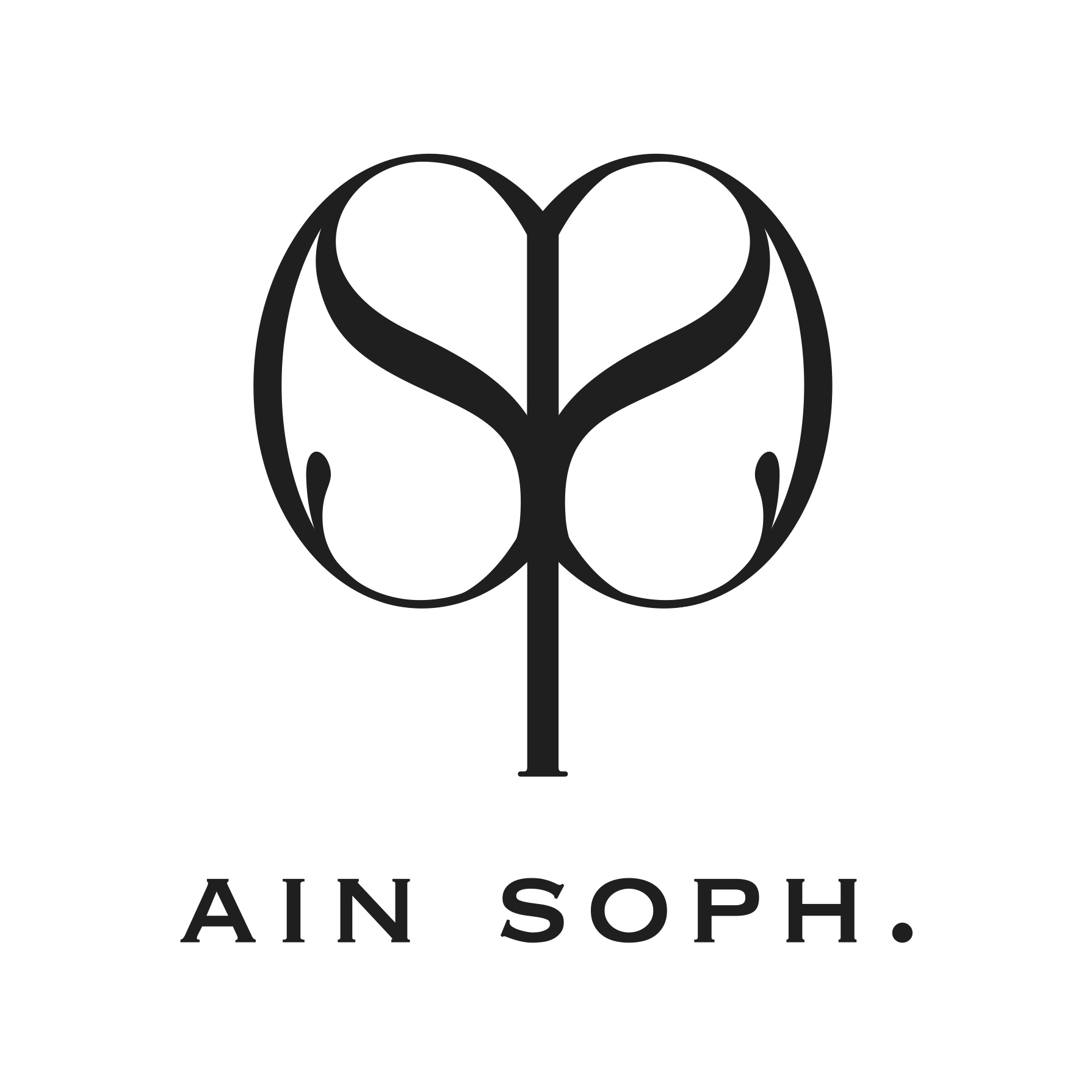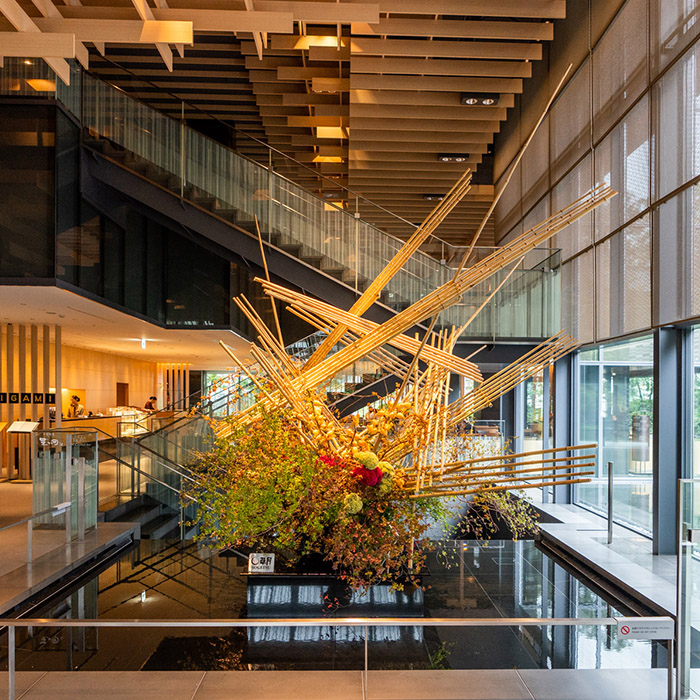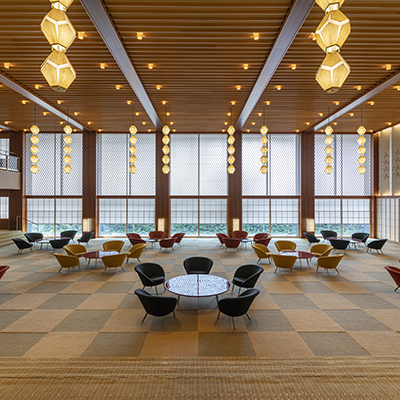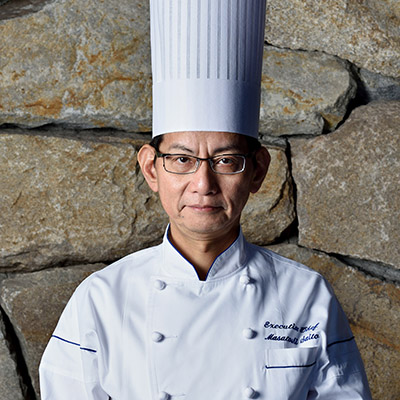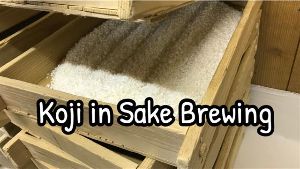December 4, 2020
The Rapid Growth of Sleep Tech
A growing number of companies are working on "sleep tech", which uses advanced technologies to improve the quality of sleep.
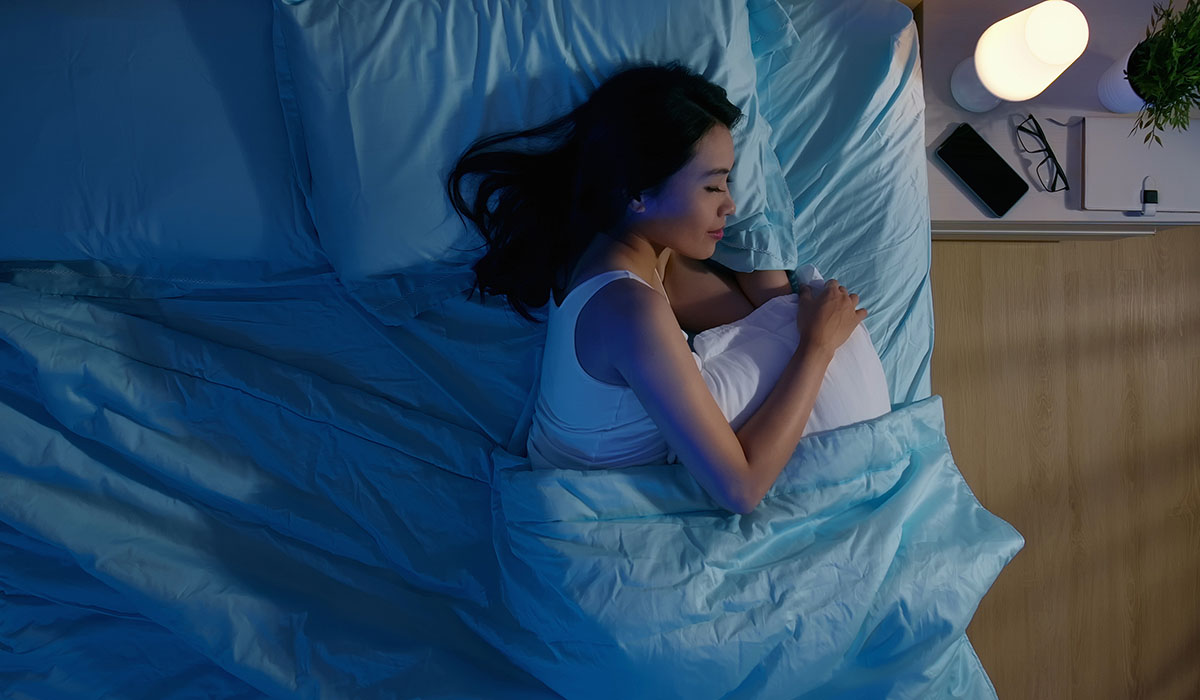
In November, Philips Japan launched their "Hikari Mezamashidokei" (light alarm clock) which helps users to fall asleep and wake up comfortably. It uses LEDs to gradually brighten the room from around 30 minutes ahead of waking time, to create a space resembling natural awakening to the light of the sun.
According to the OECD, the average sleep time among Japanese people is 7 hours and 22 minutes, the shortest among major developed countries. Chronic lack of sleep drives down Japan's labor productivity, causing economic losses that have been calculated at JPY15 trillion a year.
Nishikawa, a bedding manufacturer founded in 1566, will launch "Air Connected", a mattress with built-in rod-shaped sensors, in March this year. Its main feature is that it connects with Panasonic electronic appliances, measures factors like turning over and snoring every second through sleeping time, and adjusts things like air conditioner temperature and wind direction, and lighting brightness and sounds, to assist comfortable sleep.
The sleep tech market is expected to grow to JPY3 trillion within 5 years, and competition is likely to intensify, with entrants from other business fields.


